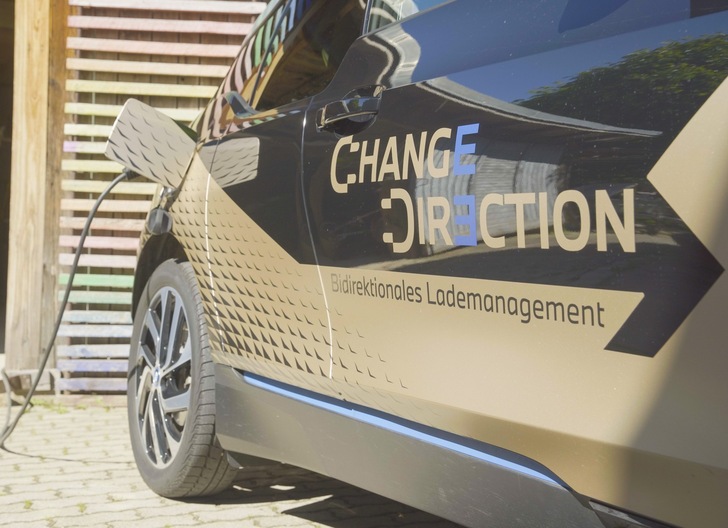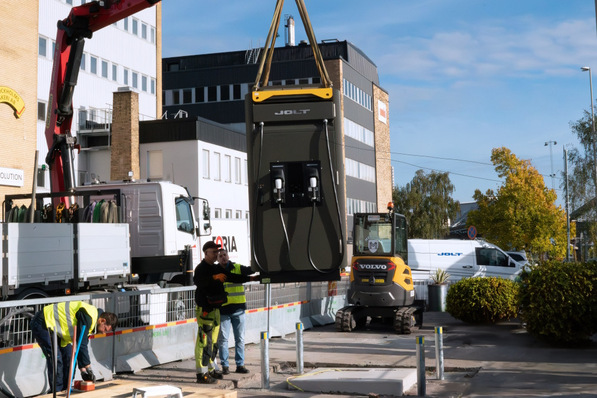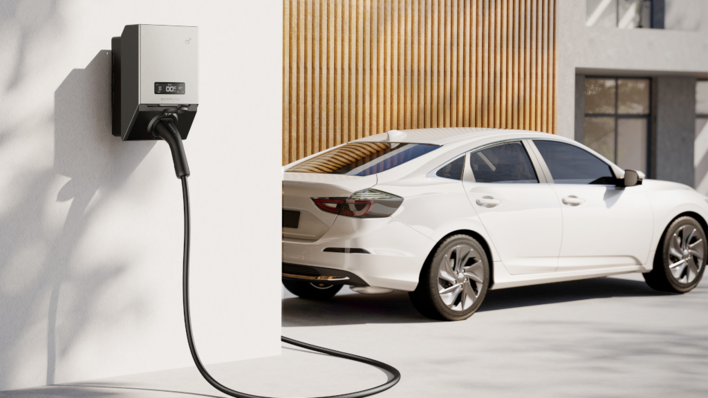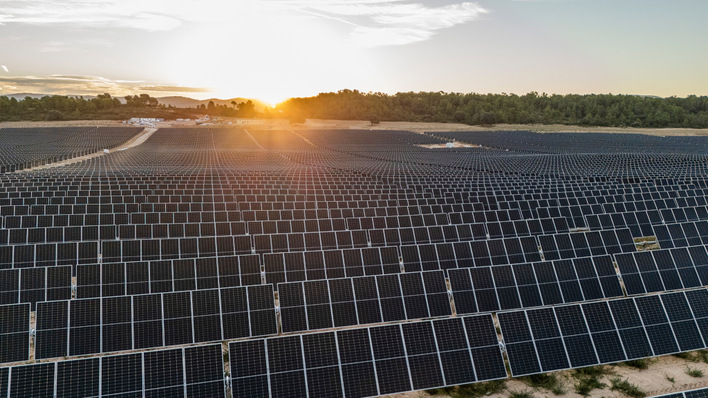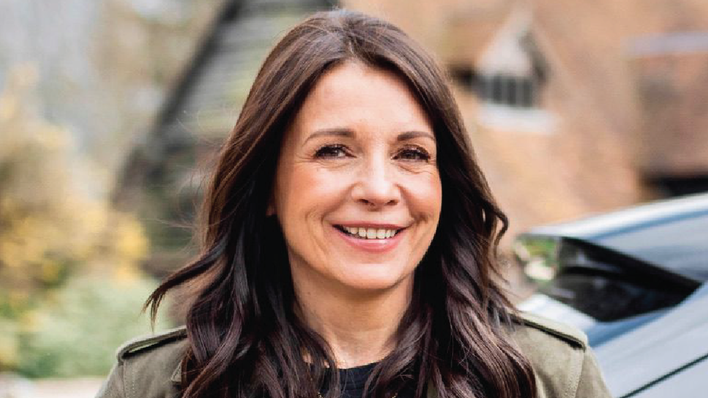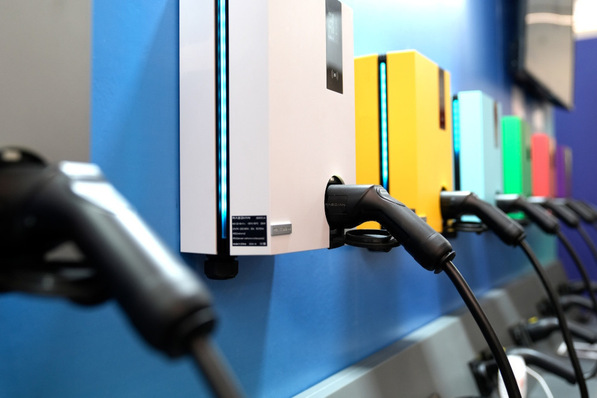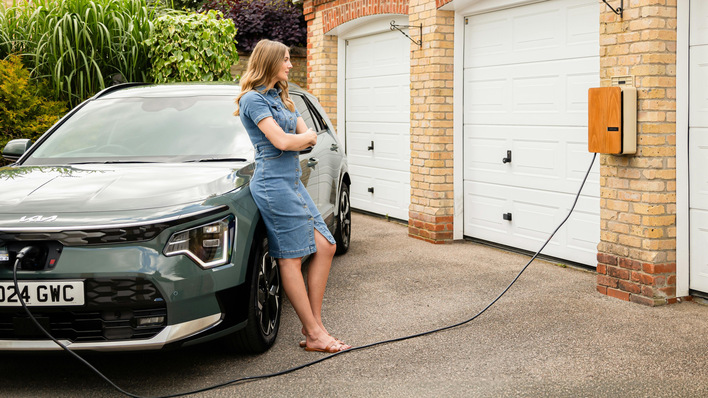With this so-called bidirectional charging, the electricity does not only flow towards the vehicle battery, but can also be fed back into the home grid if required. The use in private households is part of the large-scale project "Bidirectional Charging Management" of the car manufacturer BMW and its partners.
It is an important step for the energy transition to also use the battery capacity available in the e-car as part of holistic energy management, says Filip Thon, head of Eon Energie Deutschland. "We expect valuable insights for future products in terms of our integrated energy solutions for the home of the future." Another aspect of the research project is also to be the use of the vehicle battery in terms of flexible electricity tariffs in the future.
Families test the technology in everyday life
Two families in the Munich area are currently testing bidirectional charging in their everyday lives. For this purpose, the corresponding charging solutions and control boxes from Eon were installed in the two households and the specially equipped BMW i3 vehicles were delivered. A team of experts accompanies the project through continuous data evaluation and constant optimisation.
See also: Used EV batteries become energy storage for green electricity
When the sun is shining, surplus solar power is charged into the vehicle battery and can flow back out of the battery into the house to be consumed there when needed. Instead of feeding surplus solar power into the grid, this solution allows customers to use a larger share of the energy for their own homes. By including the vehicle battery, independence from the grid thus increases and the solar system pays for itself even faster. The ramp-up of electromobility also ensures a strong increase in storage capacity for this application.
Users determine the minimum amount in the EV's battery pack
Intelligent metering systems and thus the smart meter rollout also play an important role. Customer-friendliness through smart control must be taken into account here. "Therefore, the control of the charging and discharging processes is carried out automatically and intelligently by specially developed software and hardware," explains Eon manager Mark Ritzmann. Central to this is a grid box with smart software developed by Eon subsidiary GridX. "Users set targets and determine, for example, the minimum amount that should remain in the EV's battery," says Ritzmann.
Also interesting: Bidirectional and wireless charging technology
In the course of the project, the solutions used will be optimised with a view to future products for private customers. In the future, such a bidirectional charging system could not only complement home storage units for photovoltaic systems, but could also be used for older solar power systems where retrofitting a storage unit would be too costly. (nhp/mfo)


